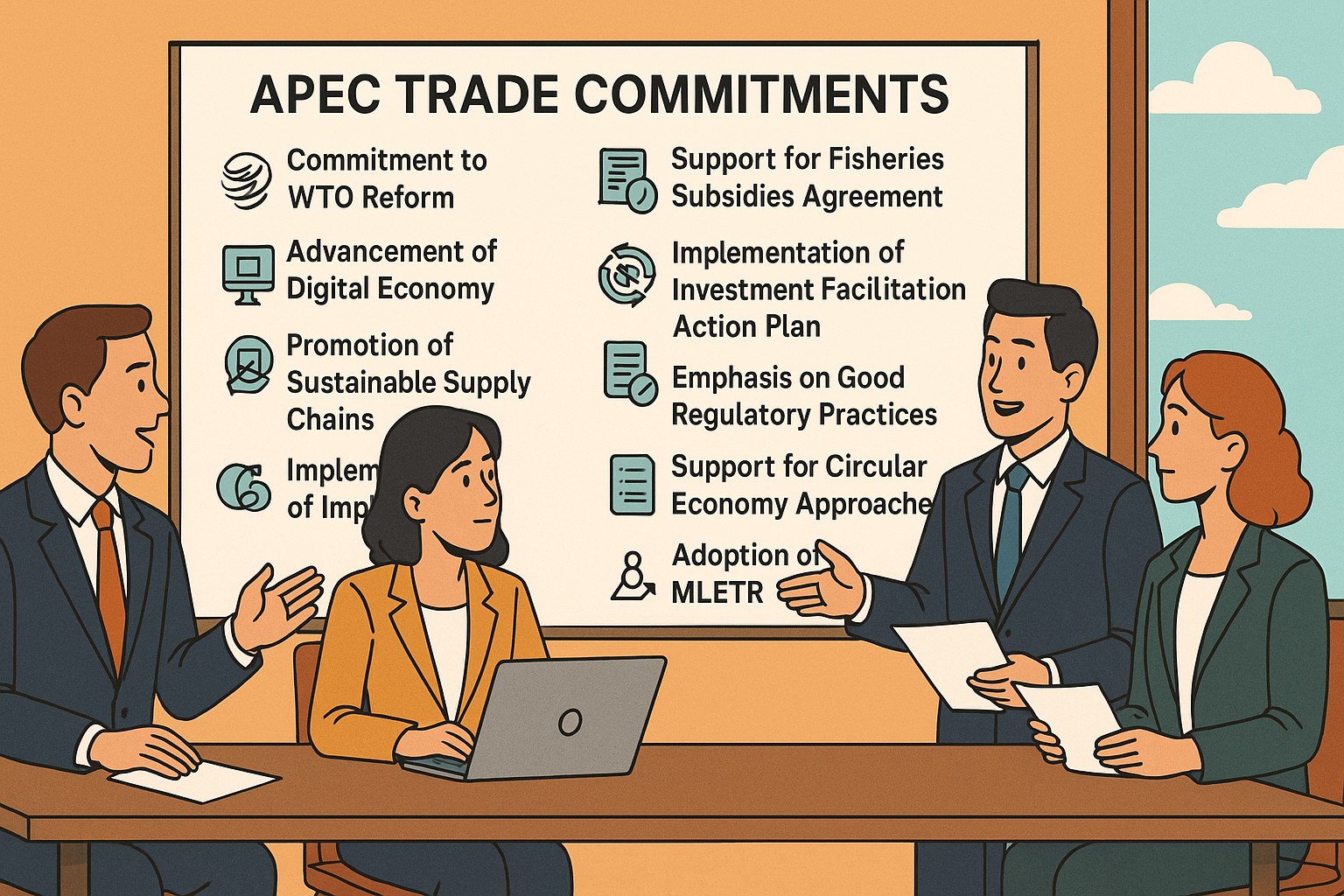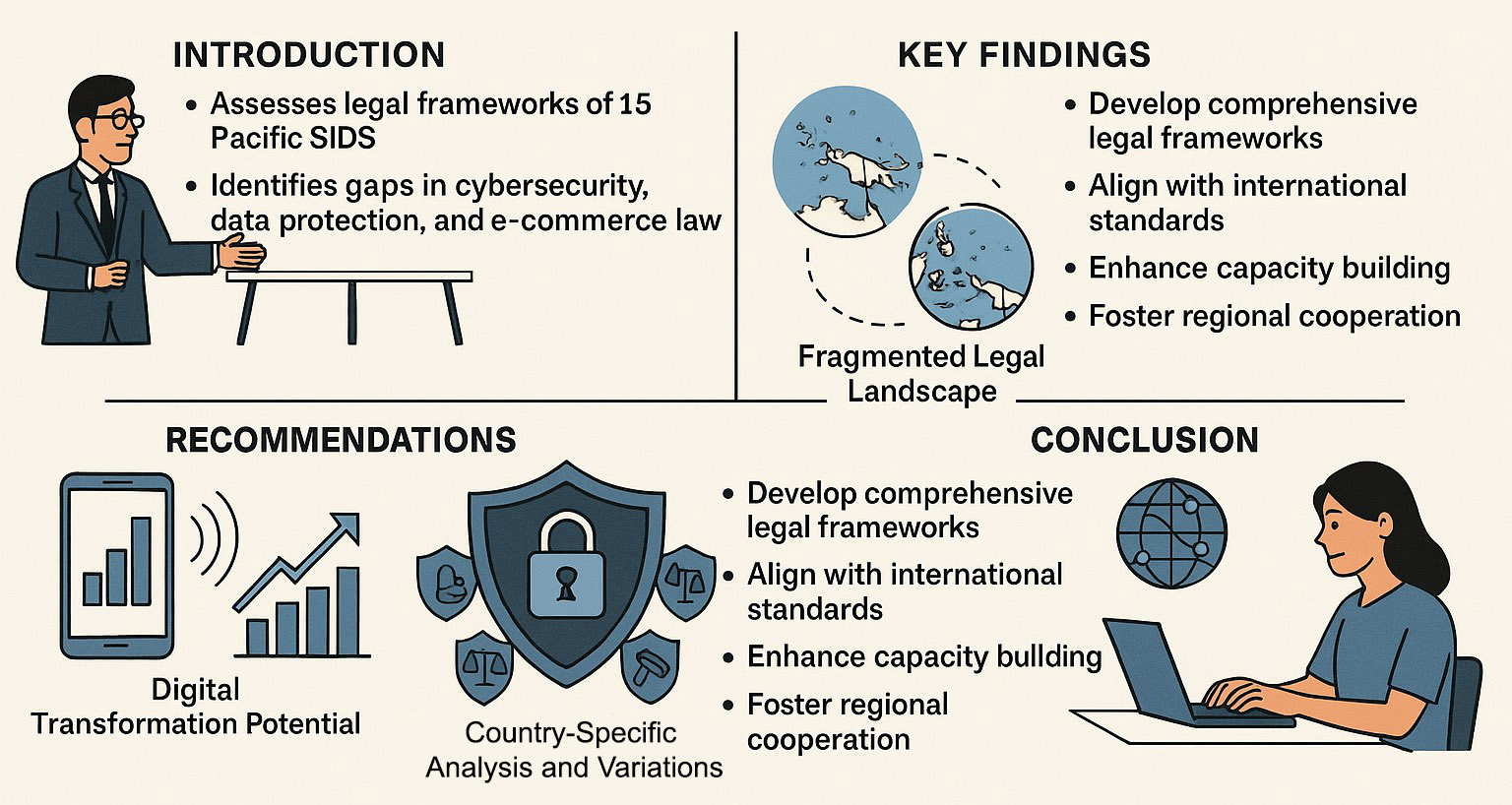Timeline
-
The UK’s Trade Strategy 2025: A Blueprint for Resilient Growth in a Changing World
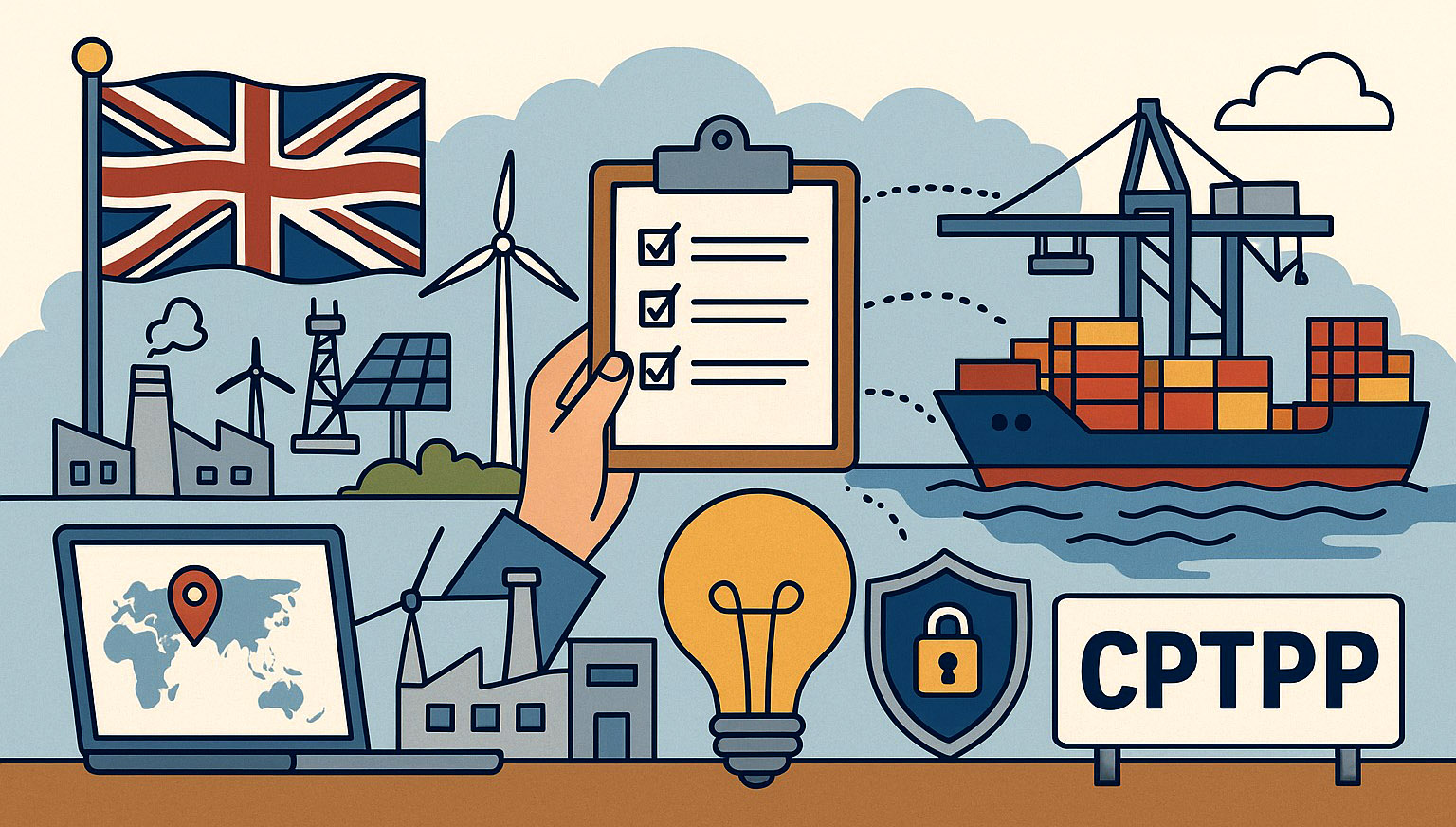
In June 2025, the UK government unveiled its new Trade Strategy, a comprehensive plan to steer the nation through an increasingly turbulent global trading environment. In an era defined by geopolitical realignments, rising protectionism, and rapid technological change, this strategy marks a decisive shift toward a more agile, resilient, and pragmatic approach to international trade. Read more
-
EU International Digital Strategy: Summary and Recommendations for Businesses and Governments

On 5 June 2025, the European Commission and the EU High Representative unveiled a new International Digital Strategy – a joint vision guiding the EU’s external digital policy. This strategy positions the EU as a stable and reliable partner, open to digital cooperation in a challenging geopolitical landscape. It aims to boost the EU’s competitiveness Read more
-
Navigating the Legal Landscape of Distributed Ledger Technology in Trade: A UNCITRAL Perspective

The United Nations Commission on International Trade Law (UNCITRAL) has prepared a draft guidance document addressing the legal issues surrounding the use of distributed ledger technology (DLT) in international trade. This document, developed through several sessions of UNCITRAL, aims to provide commercial operators with a comprehensive overview of the legal considerations when implementing DLT in Read more
-
T20 South Africa’s High-Level Recommendations to the G20: A Blueprint for Global Transformation
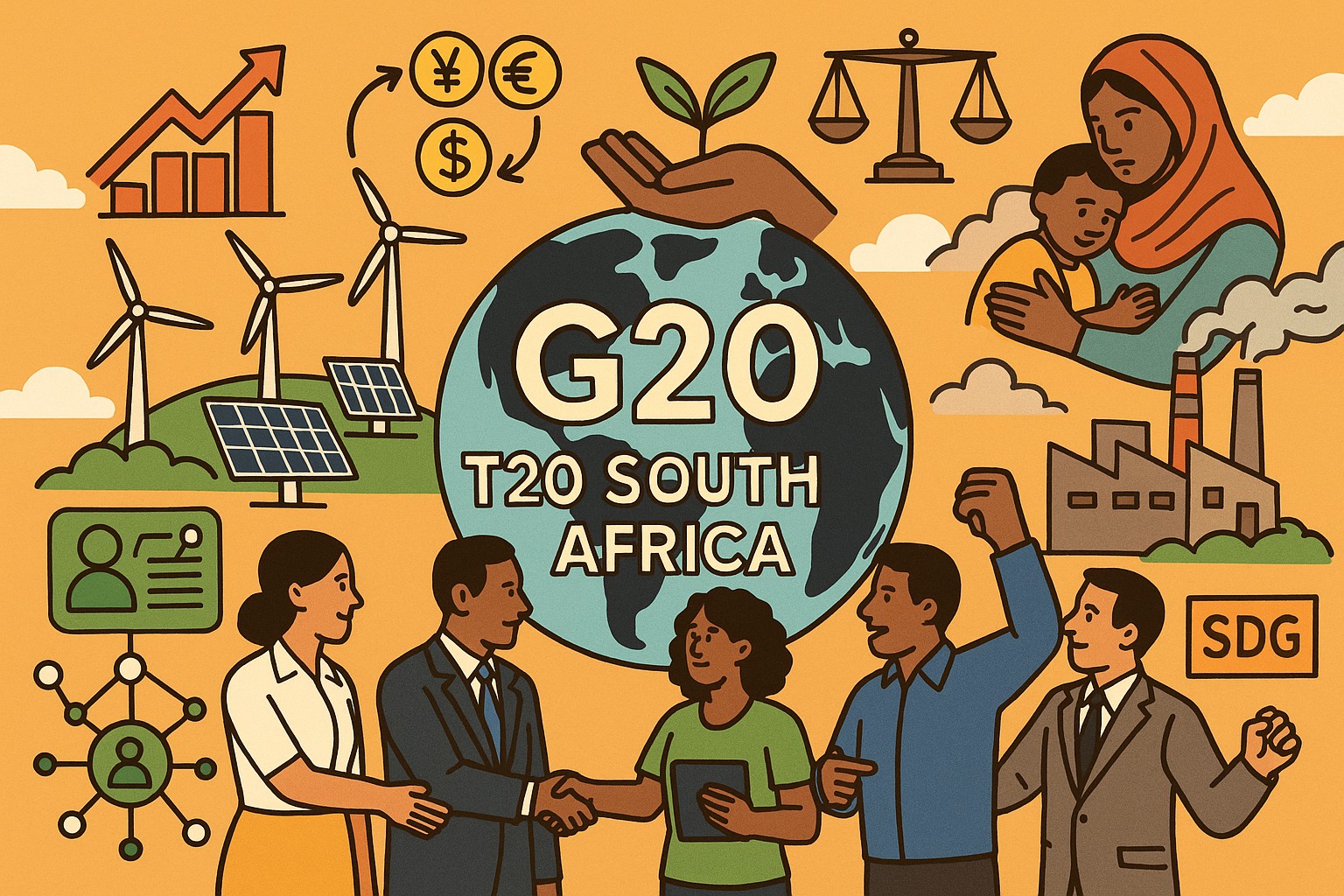
The T20 South Africa, acting as the official think tank engagement group of the G20, has released its High-Level Recommendations Communiqué ahead of the G20 Summit hosted by South Africa. This comprehensive document outlines critical policy directions aimed at tackling pressing global challenges, with a strong emphasis on amplifying the voices of Africa and the Read more
-
Europe’s Single Market Strategy: Building a Simple, Seamless, and Strong Economic Home in an Uncertain World

In a time of growing geopolitical tensions, economic uncertainty, and global competition, the European Single Market remains one of the EU’s greatest achievements and most powerful tools for ensuring prosperity, stability, and resilience. With an impressive €18 trillion GDP, representing nearly 18% of the global economy, the Single Market serves as the backbone of Europe’s Read more
-
Dutch Government Introduces MLETR-Lite Digital Trade Bill to Recognise Electronic Bills of Lading
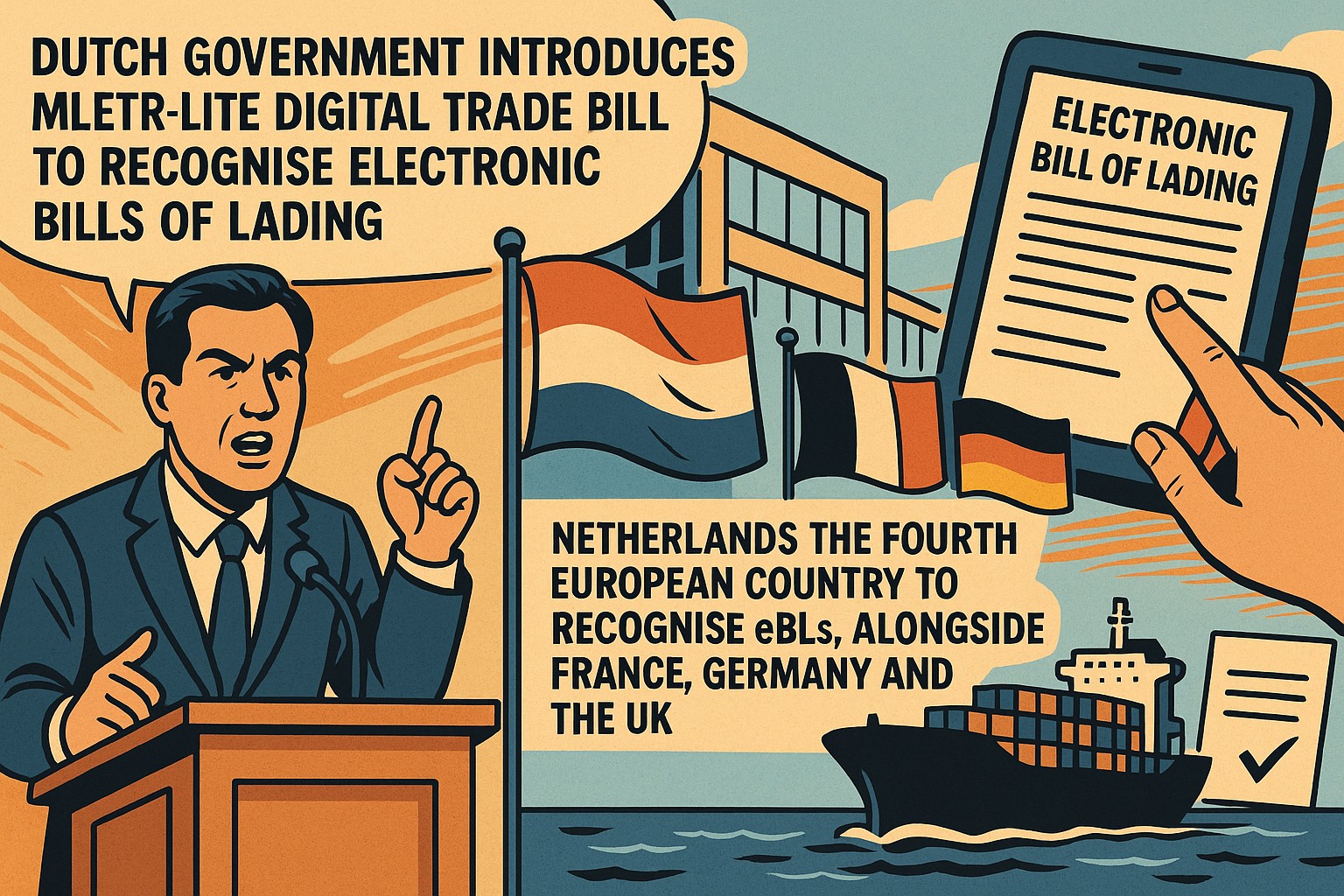
In a significant move towards the digitalisation of trade, the Dutch government has introduced a draft bill in the lower house of parliament to grant electronic bills of lading (eBLs) the same legal status as their paper counterparts. This initiative positions the Netherlands as the fourth European country—following France, Germany, and the UK—to formally recognise Read more
-
The 2025 APEC Ministers Responsible for Trade Meeting concluded in Jeju, Republic of Korea, on May 16, 2025, with a joint statement outlining significant decisions aimed at fostering regional economic resilience and cooperation. Key Decisions: These decisions reflect APEC’s commitment to addressing contemporary trade issues, fostering new ideas, facilitating economic growth, and building momentum toward Read more
-
Digital Economy Agreements in Asia and the Pacific: Strategic Insights and Emerging Trends
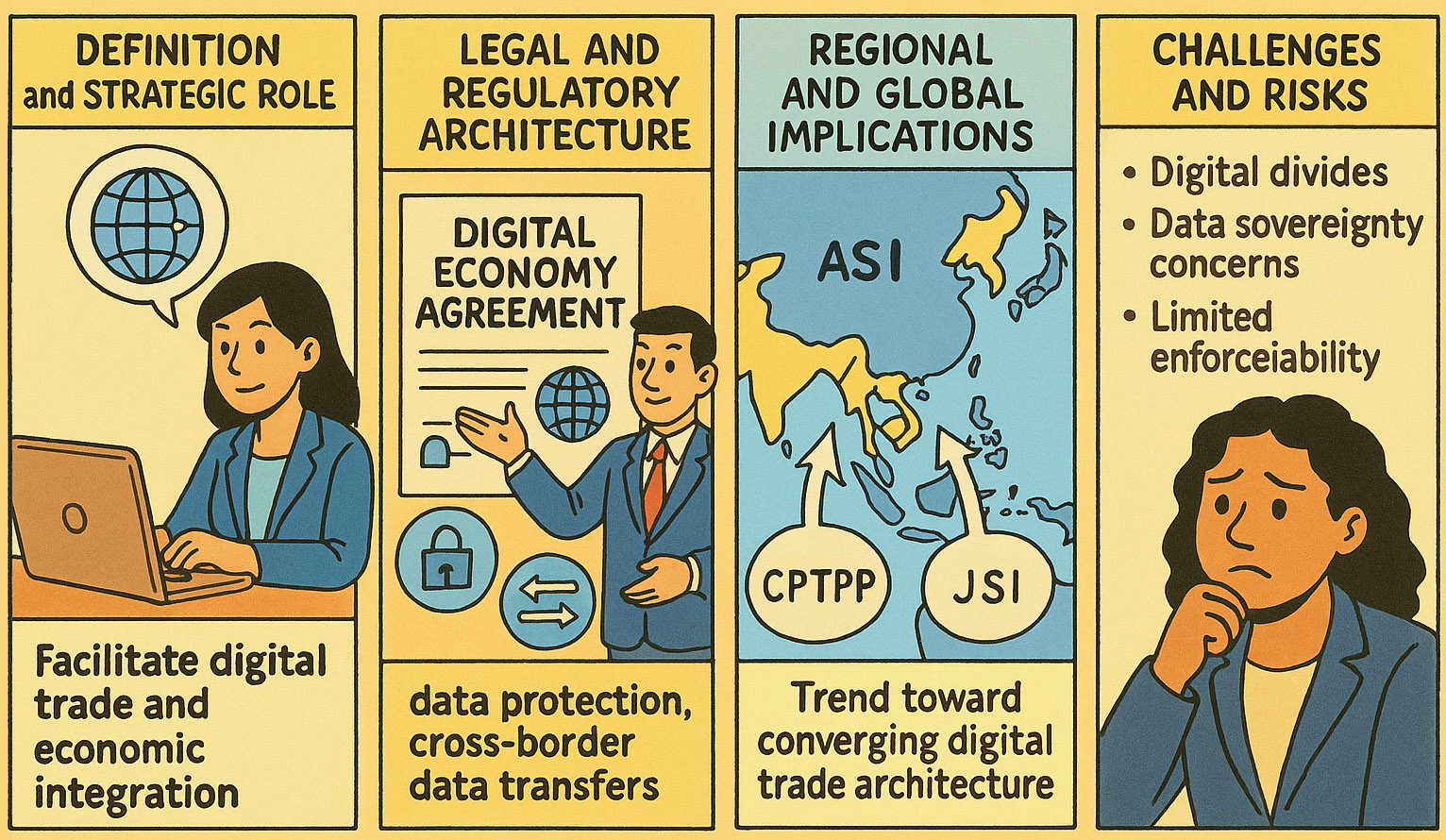
The Asian Development Bank (ADB) publication “Digital Economy Agreements in Asia and the Pacific” explores how countries across the region are navigating the rapid transformation of trade in the digital era. Digital Economy Agreements (DEAs) are becoming critical frameworks for fostering cross-border digital trade, ensuring regulatory coherence, and promoting economic integration in a landscape increasingly Read more
-
The Gap Analysis of Cyberlaws in Pacific Small Island Developing States report by the United Nations Conference on Trade and Development (UNCTAD) is an extensive document that assesses the state of legal frameworks governing the digital economies of 15 Pacific SIDS. Published in 2024, this report provides a detailed examination of how Pacific island nations Read more
-
On base report “Trade Finance in Central America and Mexico” trade finance plays a crucial role in facilitating the smooth flow of goods and services across borders. In Central America and Mexico, trade finance is not just a tool for managing risks and securing working capital; it is an essential mechanism that supports the region’s Read more

